A Charitable Organization Promoting Financial Literacy
Who We Are
Student Finance League, Inc is a designated 501(c)(3) and created a financial literacy platform that develops personal financial vocabulary and skills to bridge the gap between bank and consumer. After our 16,000 person case study over the last 9 years, having participants critique banking literature and financial industry materials, we created a cultural sensitive and inclusive vocabulary base financial literacy platform.
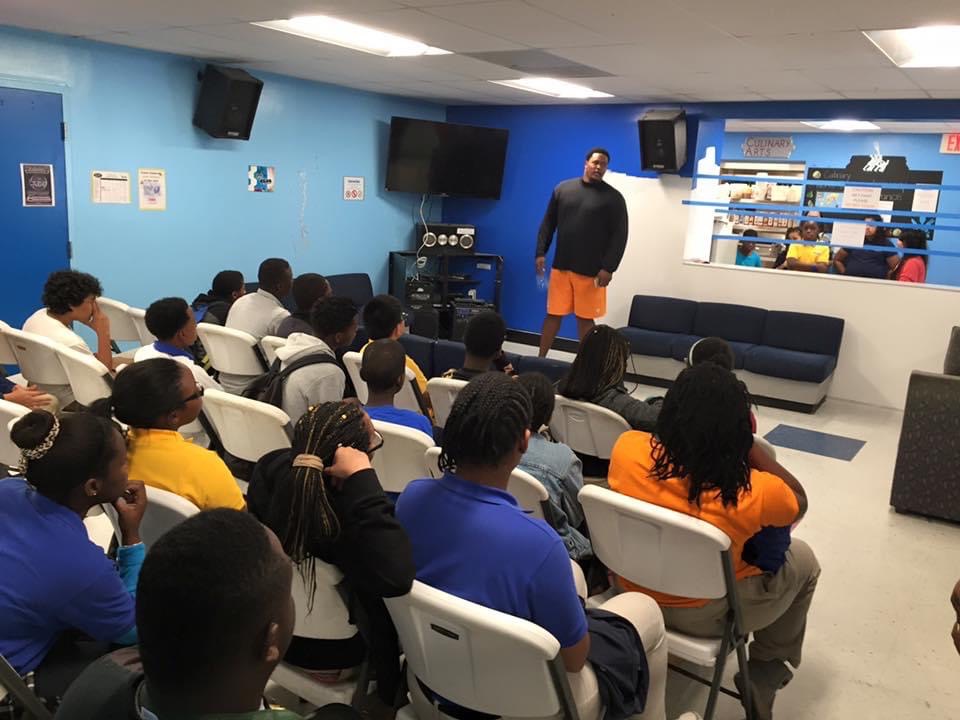

The financial world uses words that mean something other than what the dictionary explains (ie.: “in the black,” “borrowing against your future,” “liquidity,” “annuity,” “compounding,” “interest,” “maturity date,” etc.). Professionals don’t realize that the general public does not understand these words and industry jargon. These may be common to professionals, experts, or those already financially literate in their everyday life but not to everyone. This is important and very relevant because the financial industry spends $5.5 billion annually marketing products and services and $670 million annually promoting financial literacy, yet student debt and consumer debt are at their highest rate ever. There are 35 million under/non- banked Americans and poverty is growing while the middle class continues to shrink.
The effort, time, and dollars spent to help the financial situations of adults, youth, and children, especially in such an opportunistic environment like the United States, should have been solved by now. The efforts and results are not adding up. Over the last 6 years, Student Finance League ran a 16,000 person case study around all things money and financial stability, conducting round tables, workshops, and discussion groups at shelters, youth groups, nonprofits, schools, conferences, underserved neighborhoods, adult and youth prisons, and special needs organizations. We asked participants to go through banking and financial literature and voice their thoughts and difficulties when navigating or reading the materials on top of asking their biggest threats and problems with money. From that, it was concluded that there is no lack of financial education effort but, there is a language barrier between professionals and the community.

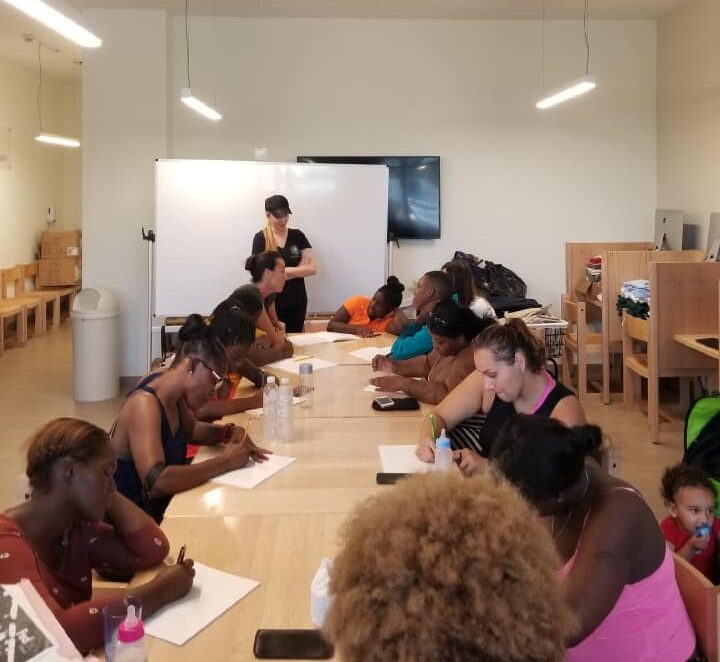
Student Finance league has started the scholarship fund where we will be putting through participants from our program to attend post-secondary education
Also, many financial literacy materials focus on banking, budgeting, and building credit. This is correct conventional financial literacy education but not necessarily real life. There needs to be money to manage, an understanding of how to get and keep a job, maximize earning potential to create money to manage, how to act professional, get and keep a home, go to college and get a real career with real earn potential, identify and unhinge financial abuse, etc. Student Finance League teaches does teach conventional financial literacy but in all areas that deal with money and starting with the language of money.
This program is structured similar to “Rosetta Stone” or any language program. The words are taught, developed, and understood, then used in conversations and role-playing exercises, and then executed. One of the most interesting discoveries was that unless a word was taught in an ESL class, it is not common. Just because financial professionals or industry experts use a certain jargon in their everyday vocabulary, that does not mean the consumers understands. For example, if you don’t speak Spanish, it doesn’t matter how slow and simple someone speaks to you in Spanish, you will not understand. The same goes for money! All the corporate and personal effort are great, but if the consumers don’t understand the words and haven’t been taught how to make money, how will it ever work?


To succeed and be truly stable, a participant needs to really understand exactly where they are financially and where they want to go, realize what mistakes they have made or are likely to make, discover their financial strengths and weaknesses, identify earning potential, and set goals. I can’t tell you how many times during our case studies that authors, banks, and industry experts presented/taught/mentored and it was concluded, generally people like to hear their own voice or speak above their audiences’ capabilities. If you do not develop your language of money and truly understand how to communicate, read, and navigate in the personal finance industry, how do you plan to thrive?
Partners & Affiliates




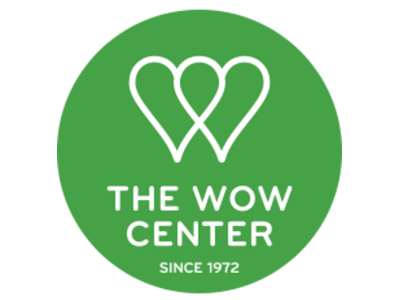
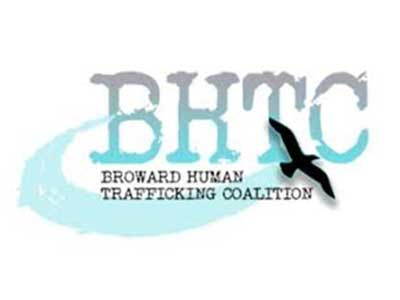
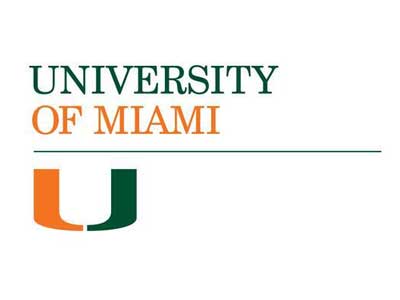
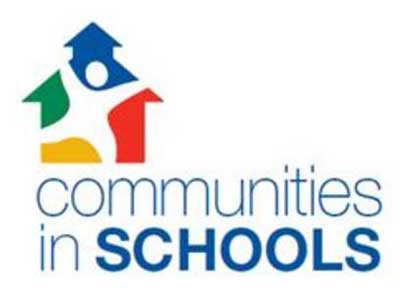

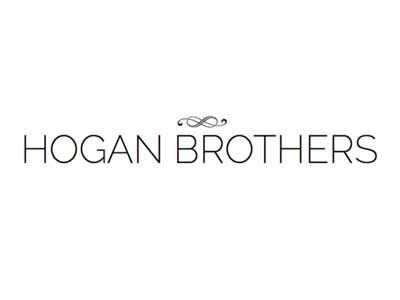
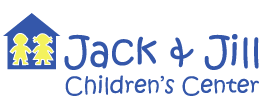
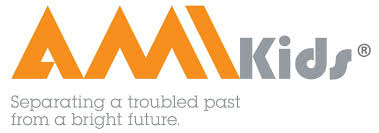

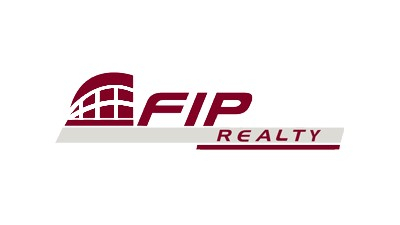













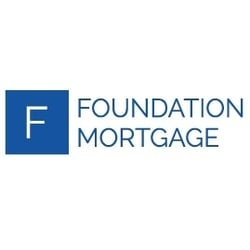

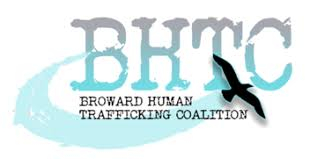

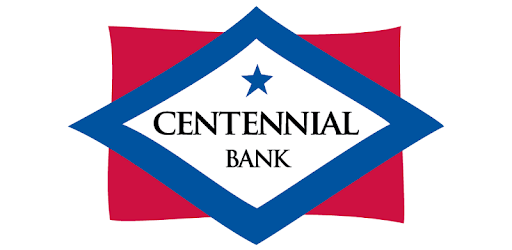
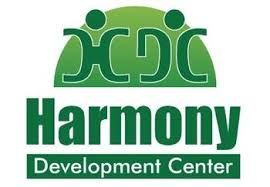
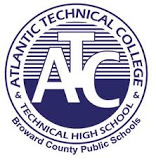
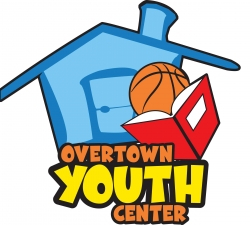

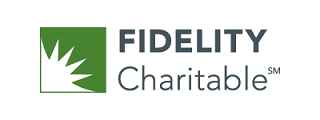
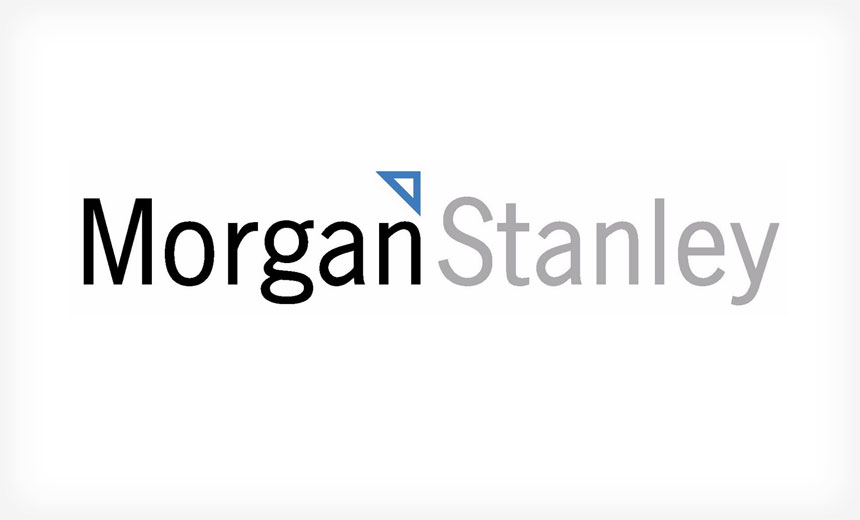
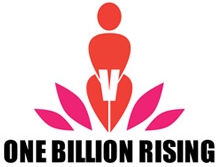
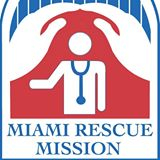
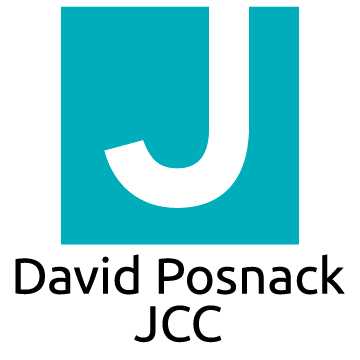
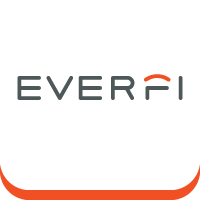

Student Finance league has started the scholarship fund where we will be putting through participants from our program to attend post-secondary education

